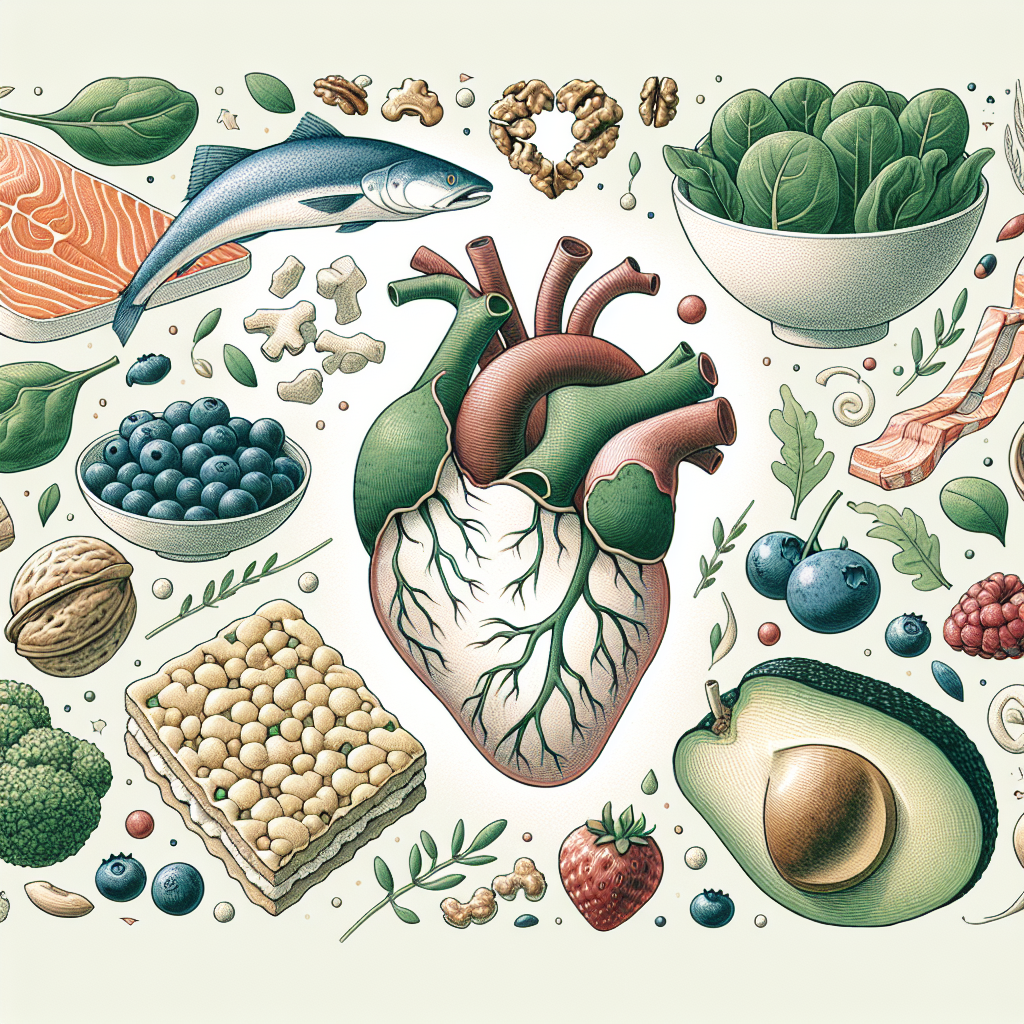### The Role of Functional Foods in Preventing Chronic Diseases
In the recent years, the concept of functional foods has been making consistent rounds in the realm of nutrition. This surge in popularity can be attributed to an increased awareness and scrutiny of what we consume amid a global pandemic. Today, we are taking a deep-dive into understanding the role of functional foods in preventing chronic diseases.
#### What are Functional Foods?
Functional foods are essentially foods that carry health benefits extending beyond basic sustenance. They may contain physiologically active compounds that provide additional health benefits, potentially guarding against certain diseases. The category encompasses a broad range of items, including whole foods like fruits, vegetables, nuts, seeds, grains; fortified, enhanced, or enriched foods; and processed foods containing beneficial additives.
#### The Science Behind Functional Foods
The health-promoting capacities of functional foods are attributed to the bioactive compounds they contain, including antioxidants, dietary fiber, essential fatty acids, probiotics, and phytochemicals.
1. **Antioxidants**: Substances that prevent or delay cell damage by counteracting oxidative stress—a by-product of metabolism that can lead to DNA damage and cell death, associated with chronic diseases like cancer and cardiovascular diseases. Examples include berries, dark chocolate, and green tea.
2. **Dietary Fiber**: Helps maintain a healthy digestive system, reduce cholesterol levels, maintain blood sugar levels, and contribute to feelings of satiety. Sources include whole grains, fruits, vegetables, and legumes.
3. **Essential Fatty Acids**: Omega-3 and Omega-6 fatty acids play a critical role in brain function and the maintenance of a healthy heart. They are found in fatty fish, nuts, seeds, and oils.
4. **Probiotics**: Live bacteria and yeasts that are beneficial for gut health. They can be consumed through foods like yogurt, sauerkraut, and kimchi, or via supplements.
5. **Phytochemicals**: Bioactive compounds found in plant-based foods that are associated with a reduced risk of developing chronic diseases. Examples include resveratrol in red wine and grapes, and curcumin in the spice turmeric.
#### Functional Foods and Chronic Diseases
Embracing functional foods can play a crucial role in preventing chronic diseases which are often characterized by long duration and slow progression. These include heart disease, stroke, cancer, diabetes, obesity, and arthritis.
A diet rich in functional foods provides essential nutrients, fiber, and health protecting bioactive components that can help:
– Reduce inflammation
– Lower cholesterol
– Balance blood sugar levels
– Promote healthy gut bacteria
– Help manage body weight
– Lower blood pressure
These actions collectively create a robust defense system against many chronic diseases.
#### Embracing a Functional Foods Lifestyle
Incorporating functional foods into your diet takes a bit of planning. Here are some simple tips:
1. **Color Your Plate**: Aim for a variety of colorful fruits and vegetables which are rich in antioxidants and phytochemicals.
2. **Go Whole**: Replace refined grains with whole grains that provide fiber, vitamins, and important minerals.
3. **Include Healthy Fats**: Add sources of Omega-3s to your diet like fatty fish, flaxseeds, and walnuts.
4. **Favor Fermented Foods**: Include fermented foods and drinks to promote a healthy gut microbiome.
5. **Stay Hydrated**: Even mild dehydration can affect functions of the body. Aim for plain water, herbal teas, and fruits and veggies with high water content.
While functional foods hold out the promise of better health and disease prevention, remember they are not a magic bullet. A balanced diet, regular exercise, quality sleep, and regular health-checks are still the foundation of wellness. Incorporating variety into your diet is key, and functional foods are a part of that palette.


